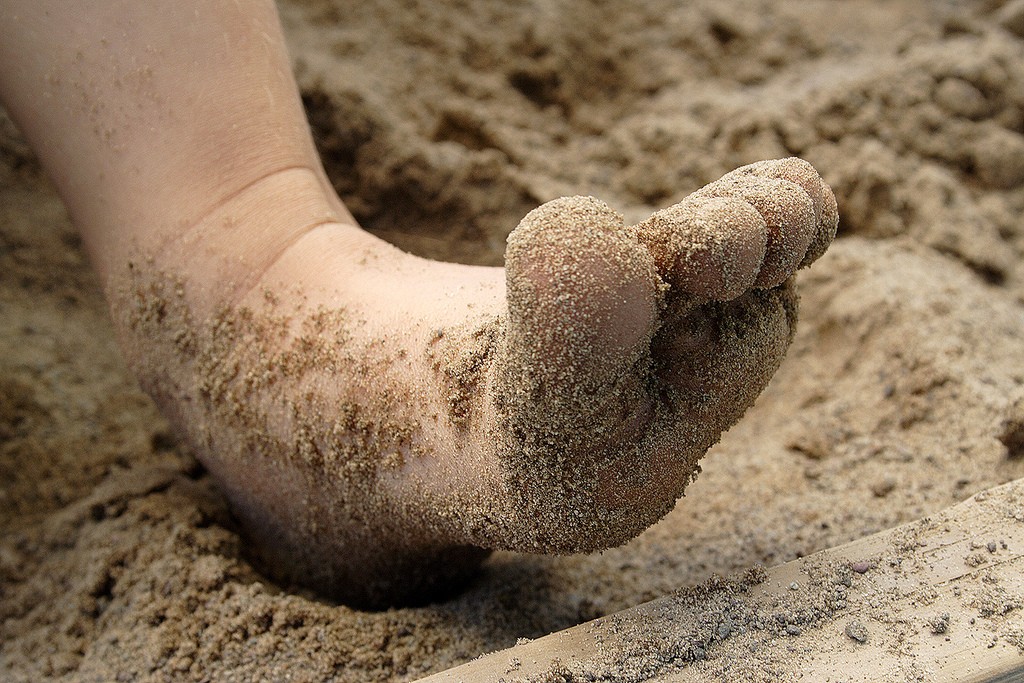We, The Apple Tree Centre, have launched ourselves excitedly into the arena of providing Continuing Professional Development! We have a programme of interesting and creative workshops for practitioners to come and learn and experience and play. My workshop: ‘Introduction to Play Therapy Skills and Principles’ took place in our training room with fifteen professionals a few weeks ago. It was a big step across my comfort boundary and I felt exposed. I had however, chosen this, I was in the lead, I had the clicker for the presentation and I was in control (of the clicker, at least).

I have a genuine love for Play Therapy: its simplicity, its freedom, its possibilities and I let all of it out into that room that day. Those fifteen women had a go, they played, they observed, talked, ate cake and wondered about how they could change how they interacted with their clients, just a little bit, to weave in some of what they’d learned and felt important to them.
We dissected together the idea of child-led play, unpicked the obvious to reveal the intricate and had considered how we place ourselves in a room with a child to facilitate that process. To allow the child to choose, to follow the child’s lead, to throw out our preconceptions and assumptions about what a thing is, does or represents, to stay in metaphors, to neither ask nor answer questions and to accept whatever the child says or does with open interest, not value or judgement. How different is this for us? for a child? How different then to experience that relationship, how freeing to have permission to explore without expectation or pressure of an outcome, where there is no right or wrong way of doing things, no right or wrong thing to say, think or feel.
In small groups, scattered around our building, they got to be that child, and for some of the participants, that became the most important bit: the experience of someone bearing witness to their play, someone noticing closely what they were doing, showing with their body and voice that they were ‘there’, listening with eyes and ears and accepting without judgement what was happening. That felt powerful. That moved them and sparked something in them that made them think, reconsider, reevaluate.
This skill, this principle, is not passive, it is not about being quiet and uninvolved. It is active and engaged and is primed to notice possible significant moments, emotions, statements, repetitive actions and reactions, and as such we are busy, on alert when with a child. For the child, however, it is a sense of space they feel, a safe, predictable permissiveness which allows them to explore their big feelings and experiences.
I am delivering the ‘Introduction to Play Therapy Skills and Principles’ workshop again in February 2016 and am very much looking forward to meeting a new group of practitioners and exploring play with them!
(Image by Andreas Engel)